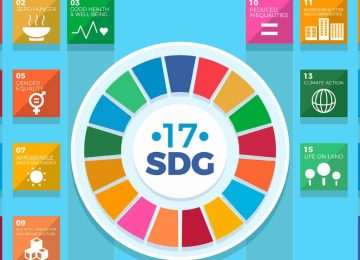The Securities and Exchange Board of India (SEBI) has proposed new measures to strengthen the regulatory framework for ESG Rating Providers (ERPs) to enhance transparency and accountability.
In a new consultation paper, the market regulator has invited proposals that cover ERPs following a subscriber-pays model and an issuer-pays business model.
Under the subscriber-pays model, ERPs can withdraw a rating if there are no subscribers for it. But if the rated entity or instrument is part of a rating package with subscribers, such as the Nifty 50 index, the rating may not be withdrawn. If any rating is withdrawn, the rating has to be withdrawn for all subscribers, SEBI said in the consultation paper.
Under the issuer-pays model, ERPs will be able to withdraw a rating after rating the security continuously for three years, or 50% of the security’s tenure, whichever is higher, and on receiving a nod from 75% of bondholders by value.
Stock exchanges will be asked to prominently disclose ESG ratings on their websites under a separate tab or a section for listed companies and securities.
The regulator has also proposed that internal audits and composition of nomination and remuneration committees (NRC) for Category-II ERPs will be mandated two years after the issuance of the new rules. The consultation paper also includes changes in disclosure of rating rationale, internal audit for ERPs, and governance norms for ERPs.
Key suggestions for ERPs to withdraw ratings:
* ERPs can withdraw a rating if there are no subscribers for it
* Prominent disclosure of ESG ratings on exchange websites for listed companies
* Detailed rating rationales and reports to be shared only with subscribers under subscriber-pay model
It must be noted that SEBI had in November 2024 announced measures to improve ESG rating transparency and clarity, including allowing rating providers to respond to reports within a set timeline and include comments as an addendum.
Some of the ESG rating providers registered with Sebi include: CRISIL ESG Ratings & Analytics, ESG Risk Assessments and Ratings, GlobeTrend Climate Impact, Institutional Investor Advisory Services, NSE Sustainability Ratings and Analytics, PGS Impact, Pragati Development Consulting, CARE ESG Ratings, ICRA subsidiary PDCSL, and SES ESG Research.













